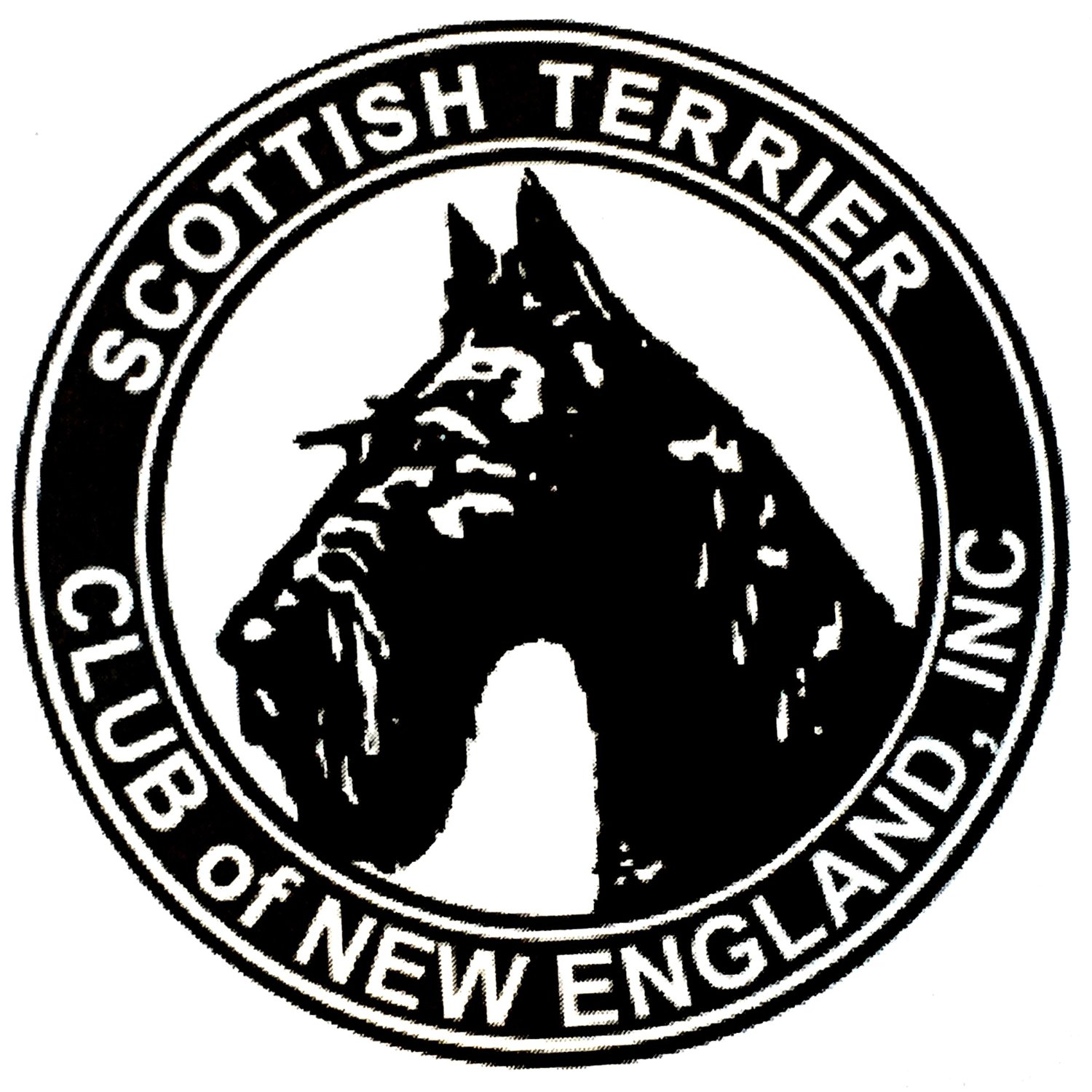Ray Rinaldi
One of the strongest recommendations for considering obedience as an activity for you and your Scottie is that it truly offers something for everyone. From local classes to national competition, there is a place in obedience for every dog and every owner.
Obedience has multiple levels and venues. You can be as casual or as involved as you and your Scottie have interest and aptitude. For the new puppy, there is Puppy Kindergarten. For the pet owner, there are Family Dog Training Classes or Canine Good Citizen (CGC) Courses. For those who “get bitten by the obedience bug” and want to get involved at a higher level, there are more advanced Obedience Classes.
Obedience is open to dogs of any age. No dog is too young. Puppy Kindergarten is a fun and wonderful way to introduce your Scottie to a lifetime of learning. No dog is too old. A dog of any age can learn new things and enjoy your attention. I did not start obedience with my first Scottie until he was 2 years old. We were both totally inexperienced when we started but we learned together and were able to go on to advanced levels. And many dogs start much older than that.
Obedience is open to dogs of any background. Formal Obedience shows (called Trials), even at the most advanced competition levels, are open to pet Scotties. Unlike Conformation showing, it does not matter if your dog has been spayed or neutered. It does not matter if your Scottie is a Rescue of unknown background. It does not matter if your dog is “pet quality” or a Champion. In Obedience, all dogs are considered equal. Pedigree does not count. Competition Obedience is a sport of intelligence and teamwork, not beauty and breeding, so all dogs enter the ring on an equal standing. Part Scottie “mixed” breed dogs can become the shining stars of their training class. In the last few years, even the American Kennel Club, the standard bearer for the promotion of the purebred dog, has become more open to allowing mixed breed dogs in Obedience Trials. True, a handicapped dog (deaf, blind, lame) is not allowed in formal AKC competitions, but I have certainly seen them in training classes where they succeed as well as any other dog. I myself have had a Scottie who became deaf when he was older but continued to go to training with him just for fun. I also was blessed to have a Scottie with Cerebellar Abiotrophy (a disease causing progressive loss of equilibrium) who I trained in obedience. He had more heart and spirit than any dog I ever knew and loved to do obedience training. He had to work harder than any other dog in class but he always gave 110%. He enjoyed my attention so much, and the training, and was so proud of himself when he accomplished something that we never stopped training, though we had to make modifications to accommodate his disability.
Speaking of disability, obedience is open to all owners. Over the years, I have seen and trained with owners who needed canes or wheelchairs. There are blind, deaf and hard of hearing trainers. There are owners whose movement has been compromised by a stroke. Obedience does require moving with your dog but it is not demanding physically. Young or elderly, abled or disabled, you can participate. Unlike a dog that is disabled and not allowed to compete, an owner who has a disability is always accommodated at a formal AKC trial.
